Across the country calving is almost complete and new research shows that the BVD infection rate has fallen from 0.10% to 0.05%.
Animal Health Ireland (AHI) says that there are approximately 150 known PI’s alive, of which 21 have been retained in herds beyond five weeks.
The AHI will now focus on the identification and testing of the small proportion of animals whose BVD status is not known and herd owners will be contacted within the next few weeks.
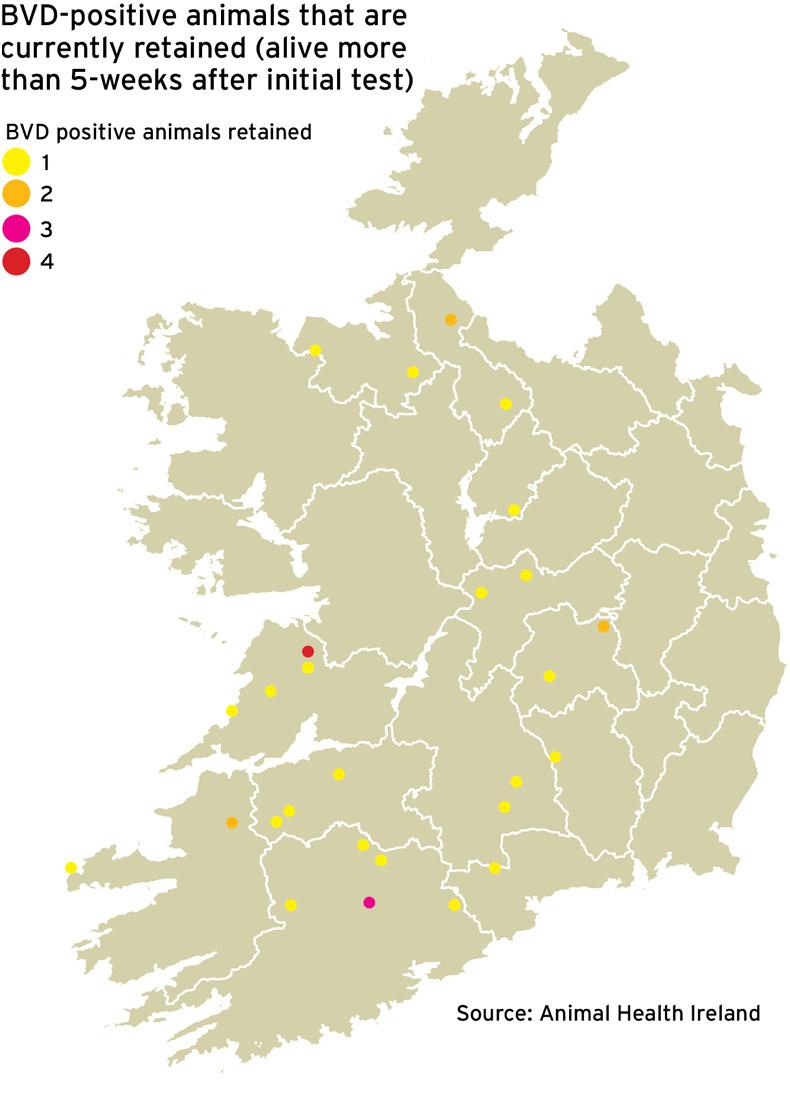
Risks
The breeding season is well under way and in some cases drawing to a close and infection of susceptible females between 30-120 days of pregnancy will result in the birth of further PI calves, the AHI reported.
Any herds that are infected should remove positive BVD animals as soon as possible to avoid cross contamination to further animals on the farm.
“Herdowners are encouraged to discuss all aspects of biosecurity, including their vaccination policy, with their own veterinary practitioner.”
Herds with PI calves present more than five weeks after the initial test will be restricted in their movements. Neighbouring herds will also be notified to avoid bio-security issues.
This recent report follows on from the announcement that some 31,000 animals born since the start of compulsory BVD testing in January 2013 do not have a valid test result and are not compliant with the requirements of the legislation.
Read More
Over 40,000 animals not BVD tested
BVD PI numbers down 27% in NI
Across the country calving is almost complete and new research shows that the BVD infection rate has fallen from 0.10% to 0.05%.
Animal Health Ireland (AHI) says that there are approximately 150 known PI’s alive, of which 21 have been retained in herds beyond five weeks.
The AHI will now focus on the identification and testing of the small proportion of animals whose BVD status is not known and herd owners will be contacted within the next few weeks.

Risks
The breeding season is well under way and in some cases drawing to a close and infection of susceptible females between 30-120 days of pregnancy will result in the birth of further PI calves, the AHI reported.
Any herds that are infected should remove positive BVD animals as soon as possible to avoid cross contamination to further animals on the farm.
“Herdowners are encouraged to discuss all aspects of biosecurity, including their vaccination policy, with their own veterinary practitioner.”
Herds with PI calves present more than five weeks after the initial test will be restricted in their movements. Neighbouring herds will also be notified to avoid bio-security issues.
This recent report follows on from the announcement that some 31,000 animals born since the start of compulsory BVD testing in January 2013 do not have a valid test result and are not compliant with the requirements of the legislation.
Read More
Over 40,000 animals not BVD tested
BVD PI numbers down 27% in NI






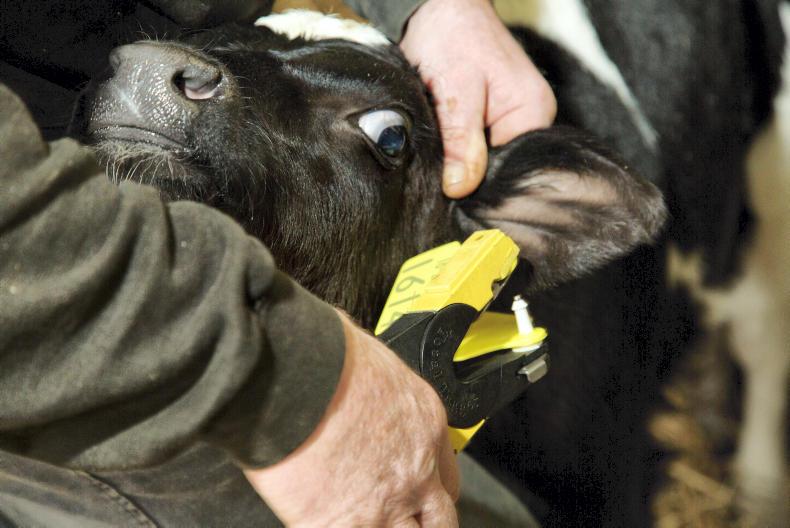
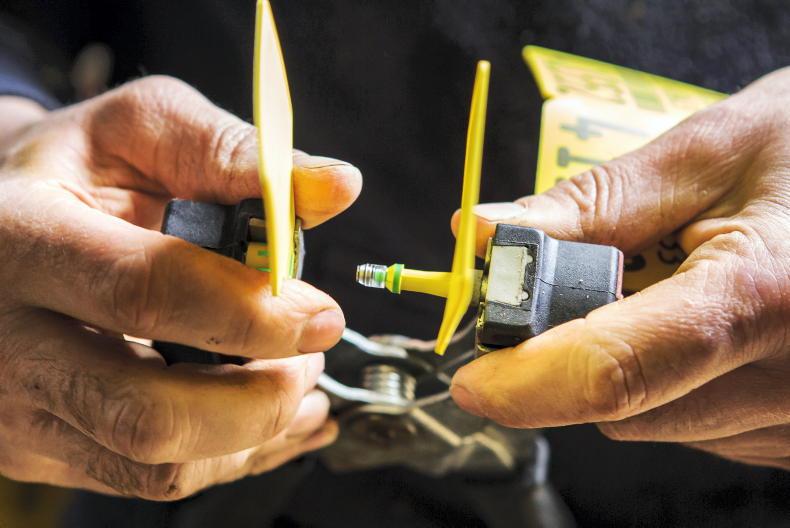

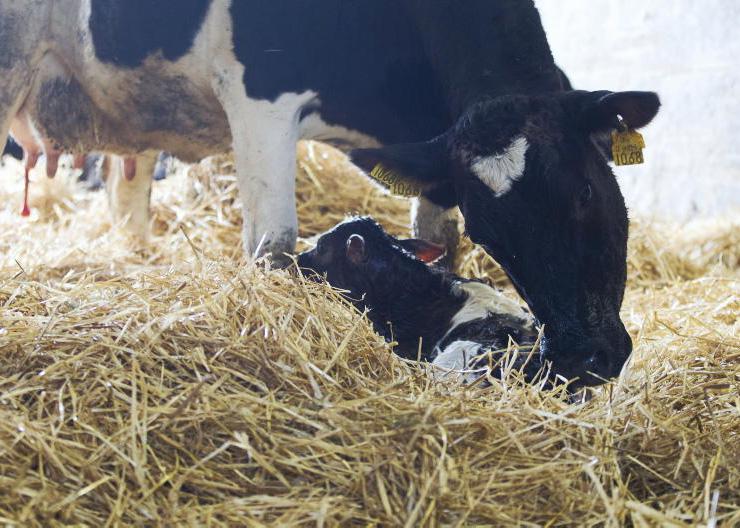
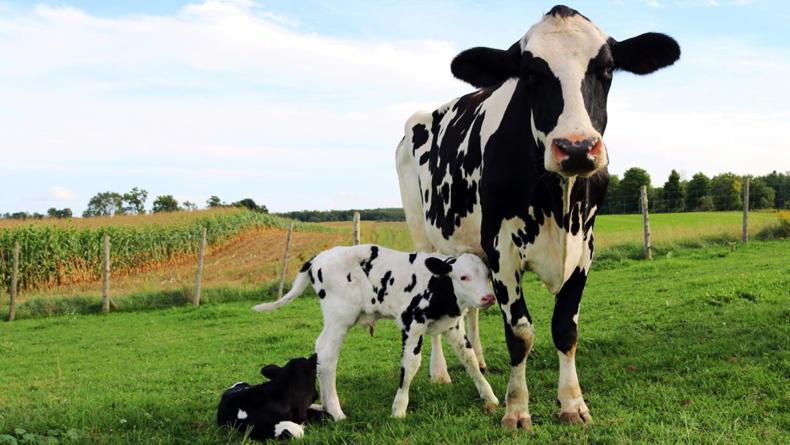
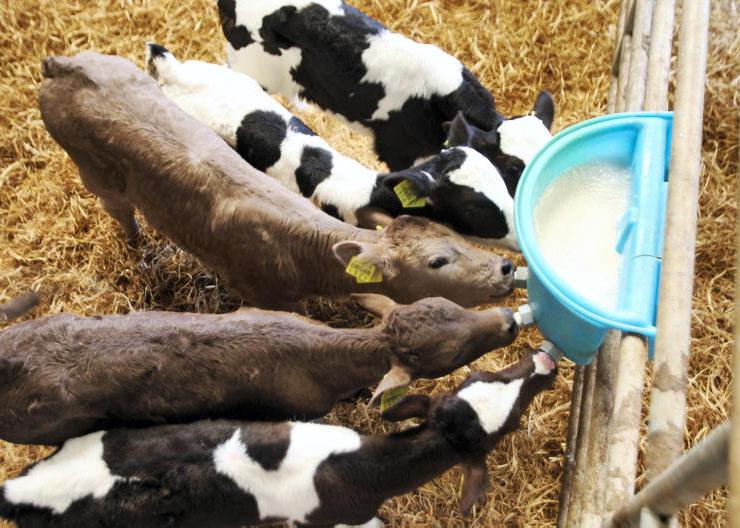
SHARING OPTIONS